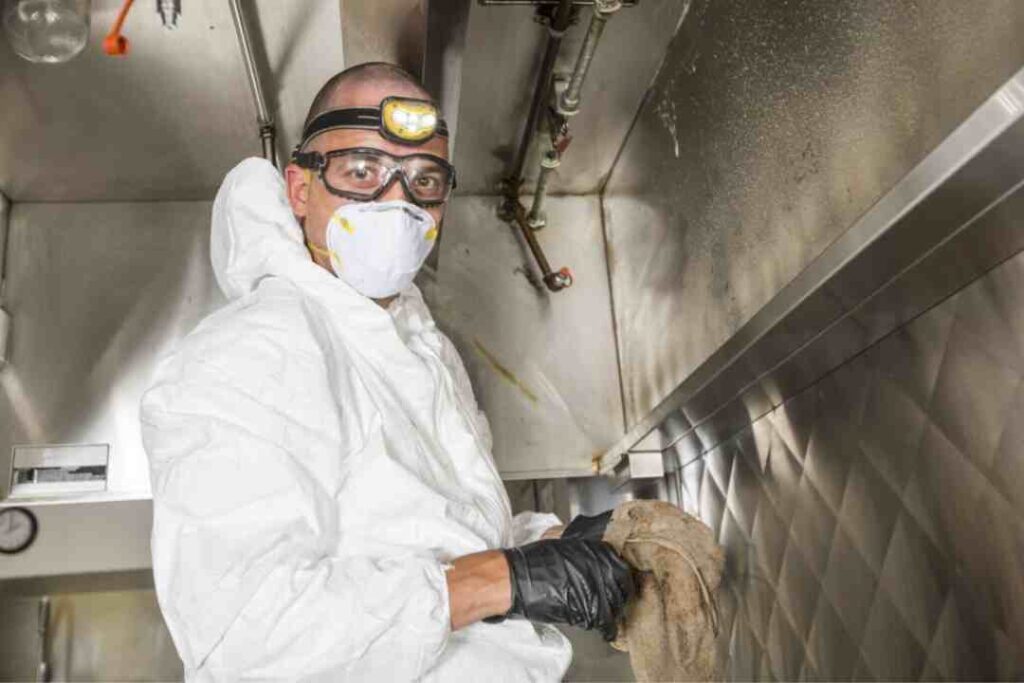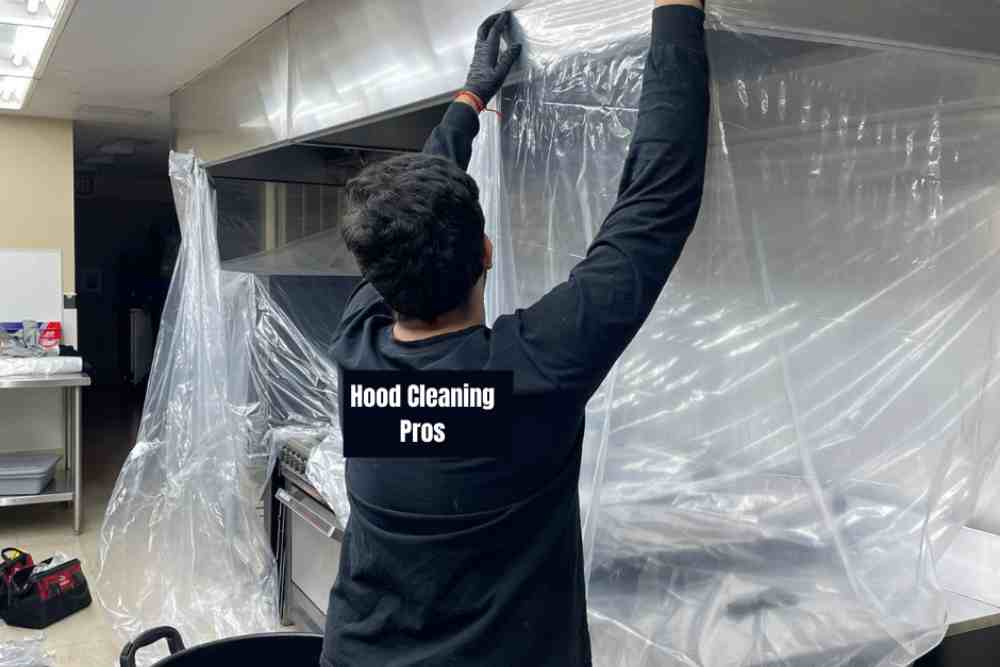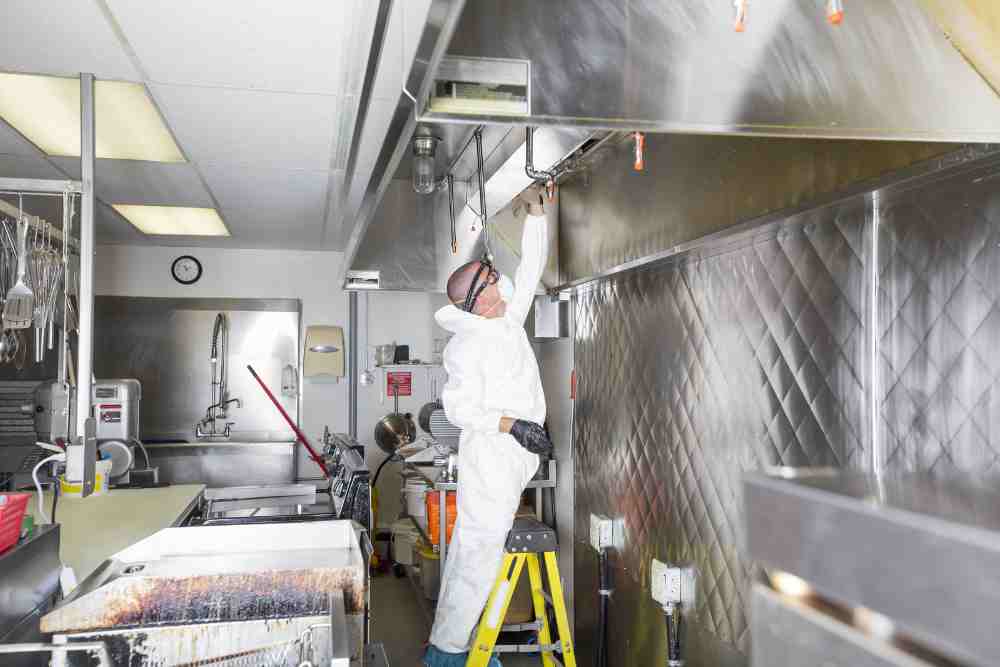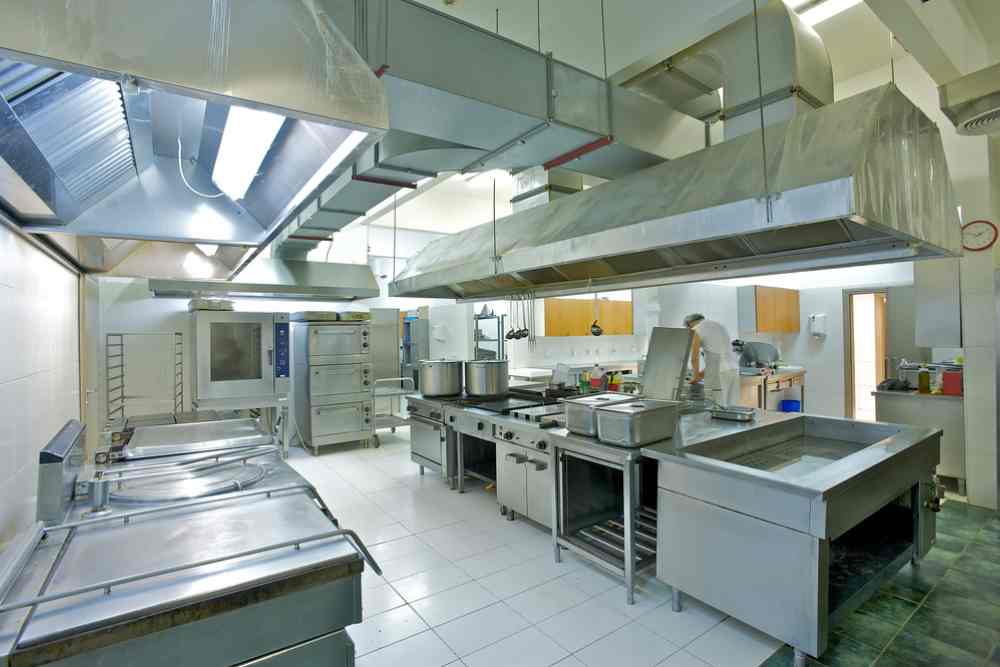-
Table of Contents
- NFPA Standards & Hood Cleaning
- 1. Understanding NFPA Standards
- 2. Importance of Compliance
- 3. NFPA Standards for Hood Cleaning
- 4. Benefits of NFPA-Compliant Hood Cleaning
- 5. Frequently Asked Questions
- Q1: How often should hood cleaning be performed?
- Q2: Can I clean the hoods myself?
- Q3: What happens if I don’t comply with NFPA standards?
- Q4: How can I find a qualified hood cleaning professional?
- Q5: Is hood cleaning expensive?
- Summary
NFPA Standards & Hood Cleaning
When it comes to fire safety in commercial kitchens, adhering to the National Fire Protection Association (NFPA) standards is of utmost importance. One critical aspect of fire prevention in these settings is proper hood cleaning. In this article, we will explore the NFPA standards related to hood cleaning, the importance of compliance, and the benefits it brings to commercial kitchen owners and operators.
1. Understanding NFPA Standards
The NFPA is a globally recognized organization that develops and publishes codes and standards related to fire safety. These standards are widely adopted by regulatory bodies, insurance companies, and industry professionals to ensure the safety of people and property.
Specifically, NFPA 96 is the standard that addresses ventilation control and fire protection of commercial cooking operations. It provides guidelines for the design, installation, operation, inspection, and maintenance of commercial kitchen exhaust systems, including hoods, grease filters, exhaust ducts, and fans.
2. Importance of Compliance
Complying with NFPA standards for hood cleaning is crucial for several reasons:
- Fire Prevention: Commercial kitchens are prone to grease buildup, which can ignite and cause devastating fires. Regular and thorough hood cleaning helps remove grease deposits, reducing the risk of fire.
- Legal Requirements: Many jurisdictions have adopted NFPA standards as part of their fire codes. Failure to comply with these standards can result in penalties, fines, or even closure of the establishment.
- Insurance Coverage: Insurance companies often require businesses to meet NFPA standards to qualify for coverage. Non-compliance may lead to denied claims in the event of a fire.
- Employee Safety: Properly cleaned hoods improve air quality in the kitchen, reducing the risk of respiratory issues for employees.
- Reputation and Customer Trust: Adhering to NFPA standards demonstrates a commitment to safety and professionalism, enhancing the reputation of the establishment and instilling trust in customers.
3. NFPA Standards for Hood Cleaning
NFPA 96 provides detailed guidelines for the frequency and methods of hood cleaning. Here are some key requirements:
- Cleaning Frequency: The standard specifies that hoods, grease removal devices, fans, ducts, and other components should be cleaned at regular intervals to prevent the accumulation of grease. The frequency of cleaning depends on the type of cooking and volume of grease produced.
- Qualified Professionals: Hood cleaning should be performed by trained and certified professionals who understand the specific requirements of NFPA 96. They have the knowledge and equipment to effectively remove grease and ensure compliance.
- Thorough Cleaning: The standard emphasizes the importance of thorough cleaning, including the removal of grease from all accessible areas of the hood, filters, ducts, and fans. This helps prevent the buildup of flammable residues.
- Documentation: NFPA 96 requires businesses to maintain records of hood cleaning, including the date, cleaning company, and a description of the work performed. This documentation serves as proof of compliance during inspections.
4. Benefits of NFPA-Compliant Hood Cleaning
Complying with NFPA standards for hood cleaning offers several benefits to commercial kitchen owners and operators:
- Fire Risk Reduction: Regular and thorough hood cleaning significantly reduces the risk of kitchen fires, protecting both the establishment and its occupants.
- Improved Air Quality: Properly cleaned hoods enhance air circulation and reduce the presence of smoke, odors, and harmful particles in the kitchen, creating a healthier environment for employees.
- Extended Equipment Lifespan: Grease buildup can damage kitchen exhaust systems, leading to costly repairs or replacements. By keeping hoods clean, businesses can extend the lifespan of their equipment.
- Energy Efficiency: Clean hoods and exhaust systems operate more efficiently, reducing energy consumption and lowering utility costs.
- Compliance and Peace of Mind: Following NFPA standards ensures compliance with fire codes, insurance requirements, and industry best practices. This provides peace of mind to business owners and operators.
5. Frequently Asked Questions
Q1: How often should hood cleaning be performed?
A1: The frequency of hood cleaning depends on the type of cooking and volume of grease produced. NFPA 96 recommends cleaning intervals ranging from monthly to annually.
Q2: Can I clean the hoods myself?
A2: NFPA 96 requires hood cleaning to be performed by trained and certified professionals. They have the expertise, equipment, and knowledge of NFPA standards to ensure proper cleaning and compliance.
Q3: What happens if I don’t comply with NFPA standards?
A3: Non-compliance with NFPA standards can result in penalties, fines, or closure of the establishment. It may also lead to denied insurance claims in the event of a fire.
Q4: How can I find a qualified hood cleaning professional?
A4: Look for hood cleaning companies that are certified by reputable organizations and have a track record of serving commercial kitchens. Ask for references and ensure they understand and follow NFPA 96 guidelines.
Q5: Is hood cleaning expensive?
A5: The cost of hood cleaning varies depending on factors such as the size of the kitchen, the complexity of the exhaust system, and the frequency of cleaning. However, the cost of non-compliance and potential fire damage far outweighs the investment in professional hood cleaning.
Summary
Adhering to NFPA standards for hood cleaning is essential for fire prevention, legal compliance, and overall safety in commercial kitchens. Regular and thorough cleaning of hoods, exhaust systems, and related components significantly reduces the risk of fires caused by grease buildup. Compliance with NFPA standards not only ensures the safety of employees and customers but also protects the reputation and financial well-being of the establishment. By investing in professional hood cleaning services and maintaining proper documentation, commercial kitchen owners and operators can create a safer and more efficient working environment.






